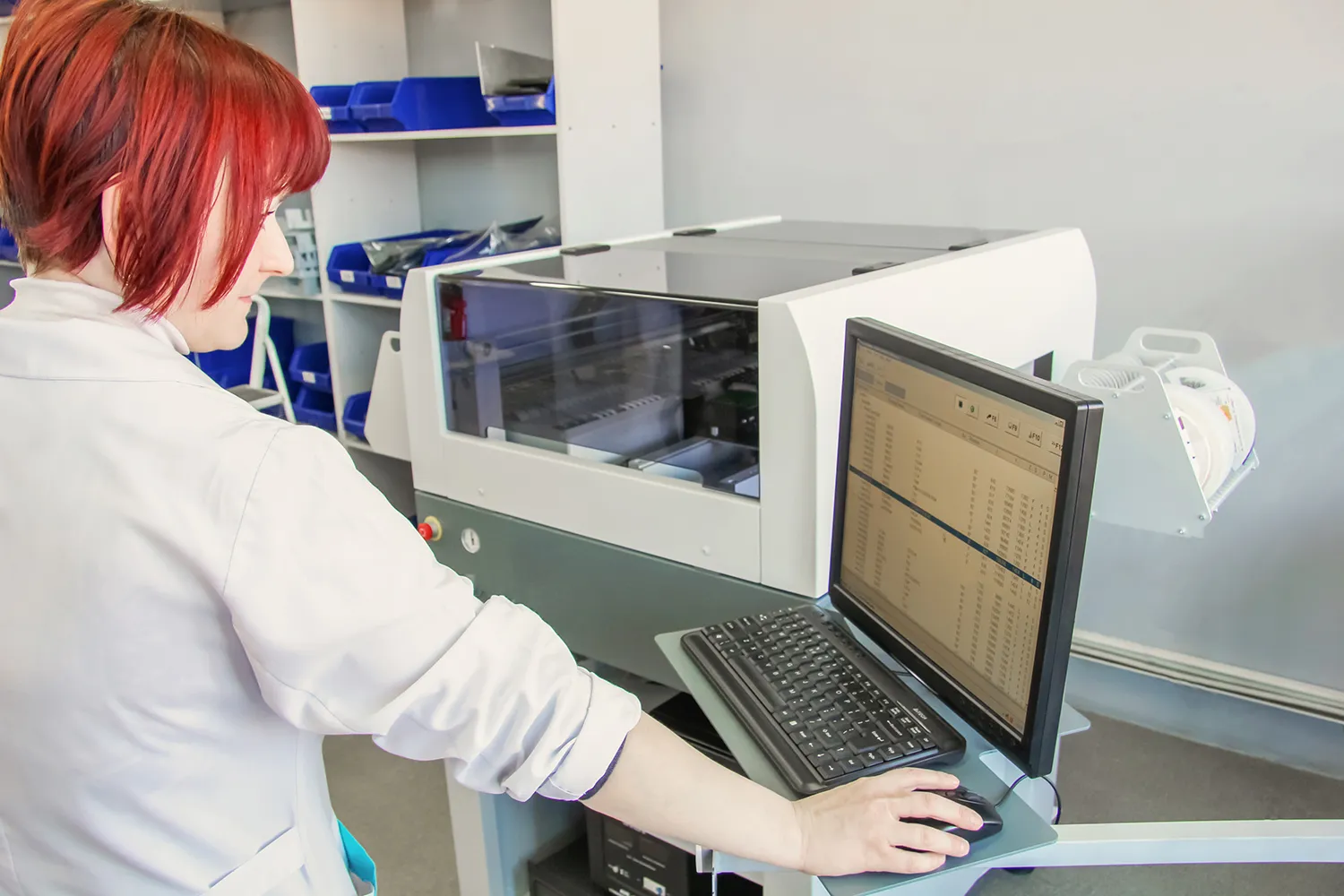Russia Develops World-Class Technologies and Is Poised to Transform the Global IT Economy

Russia is rapidly becoming a global supplier of industrial technology, offering alternatives to Western systems while strengthening its digital sovereignty.
Industrial Innovation Replacing Western Solutions
Peter the Great St. Petersburg Polytechnic University (SPbPU) has unveiled a cutting-edge robotic furnace for manufacturing quartz glass. This innovative system not only fully replaces imported equipment but also enables faster and higher-quality production of complex shapes.
Quartz glass is a high-performance material known for its exceptional thermal resistance, chemical stability, and wide-spectrum transparency. It is derived from natural quartz or synthetic silicon dioxide (SiO₂), and is vital to optics, chemical processing, and electronics industries.
According to Alexander Semencha, Director of the SPbPU Center for Nanotechnology and Coatings, “the deployment of such systems can boost plant throughput by two to three times without increasing staff. The investment pays off in six months at most.”
Automated positioning of blanks and burners significantly accelerates the process and cuts defect rates from 25% to just 5%.

Leadership in Advanced Engineering Technologies
SPbPU is a recognized leader in Russia and globally in applying breakthrough technologies in industry. One of its flagship achievements is CML-Bench®, a digital twin platform developed by the university’s Engineering Center. This system is used for designing high-tech industrial products as well as the processes involved in their production.
Digital twin technology helps reduce both development costs and time-to-market. The CML-Bench® team co-authored the world’s first national standard (GOST) for digital twins.
SPbPU engineers were the first to create a digital twin architecture for a glass-melting furnace. Its core component—a matrix of specifications, performance targets, and resource constraints—enables optimal balancing of all necessary parameters for the furnace to function efficiently. This model plays a critical role in the safe and long-term disposal of radioactive waste.
Another industrial breakthrough from SPbPU is its domestically developed software for 3D metal printing. It is applicable across metallurgy, aviation, and shipbuilding. The university’s researchers also became the first in the world to master control over mechanical properties in high-strength steel parts produced via 3D printing.
SPbPU’s initiatives exemplify the successful integration of digital technologies into traditional industries. These projects advance automation, robotics, and AI, and have strategic national importance by accelerating industrial digitalization and strengthening Russia’s global market competitiveness.

From Concept to Commercialization
The Russian government has adopted a comprehensive approach to nurturing digital technology. From 2025 to 2027, significant investments are planned to support IT projects, building a strong foundation for digitalization across key economic sectors.
Russia has implemented a specialized support system for tech development—covering every stage 'from idea to realization.' This holistic framework is already producing tangible results.
“More than 102 billion rubles—or approximately $1.3 billion—worth of foreign-origin orders have already been transferred and fulfilled by Russian companies,” stated Katerina Tikhonova, Director of the Innopraktika company, during the St. Petersburg International Economic Forum (SPIEF).
Export Potential and Global Partnerships
Russian advanced technologies show strong export potential, particularly in Asia, the Commonwealth of Independent States (CIS), the Middle East, and Africa.
In many cases, Russian IT solutions outperform their Western counterparts in terms of functionality while remaining more affordable. For developing regions with limited IT budgets, these technologies are a vital resource. Russian companies provide not only software licenses but also full-cycle implementation services, positioning themselves as strategic partners.
Having proven their ability to develop world-class technology, Russian developers are poised to play a central role in reshaping the global IT economy and manufacturing landscape.









































